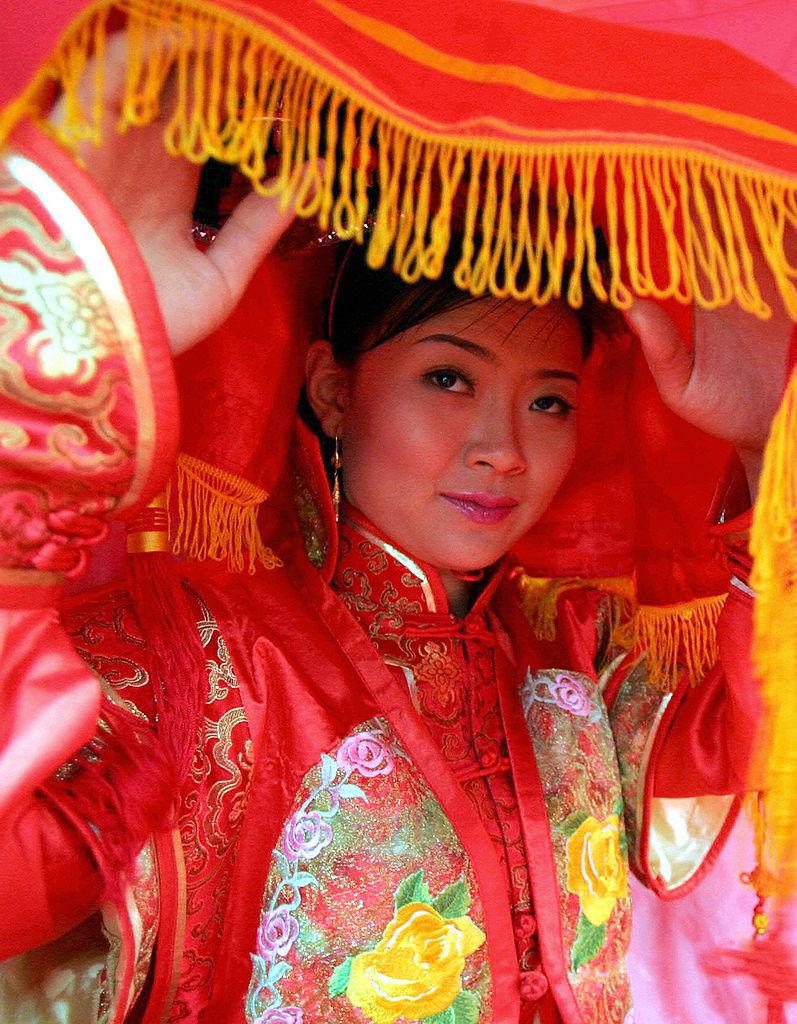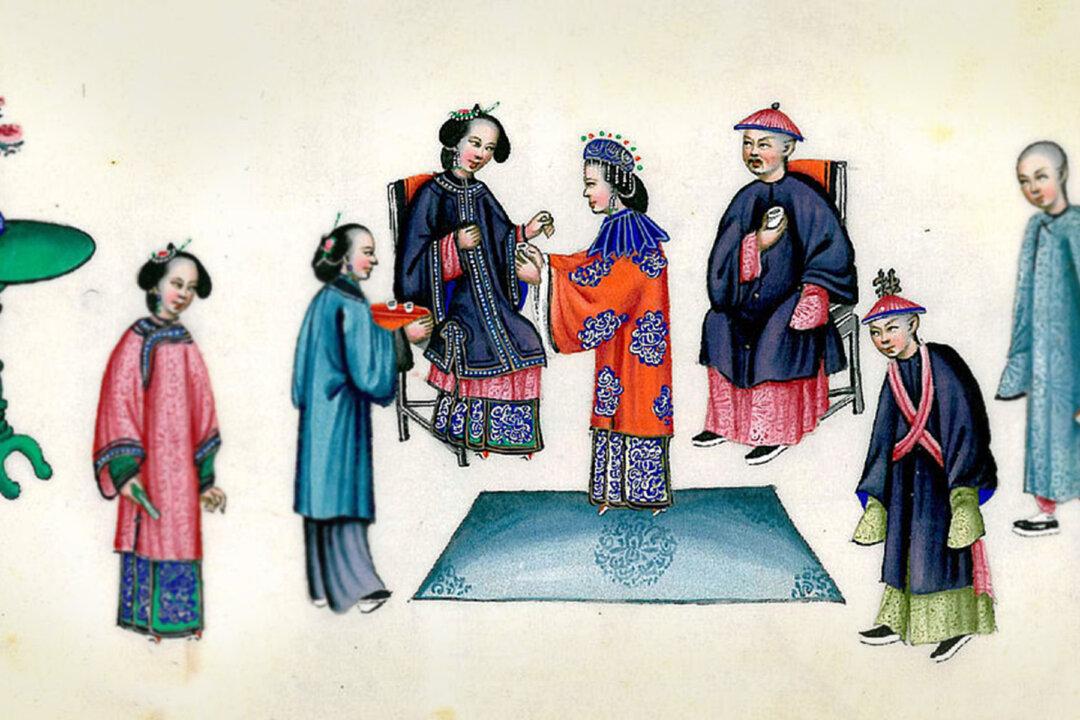In modern times, traditional marriage matchmakers have been replaced by online dating, speed-dating events, and even matchmaking markets. In ancient China, parents would find a suitable partner for their daughter or son. In this way, one family would look for another family of similar status so that they could get their kids married. Often, matchmakers would be used as a mediator—think matchmaker in folk tales such as “Mulan.”

Illustration - Getty Images | STR






